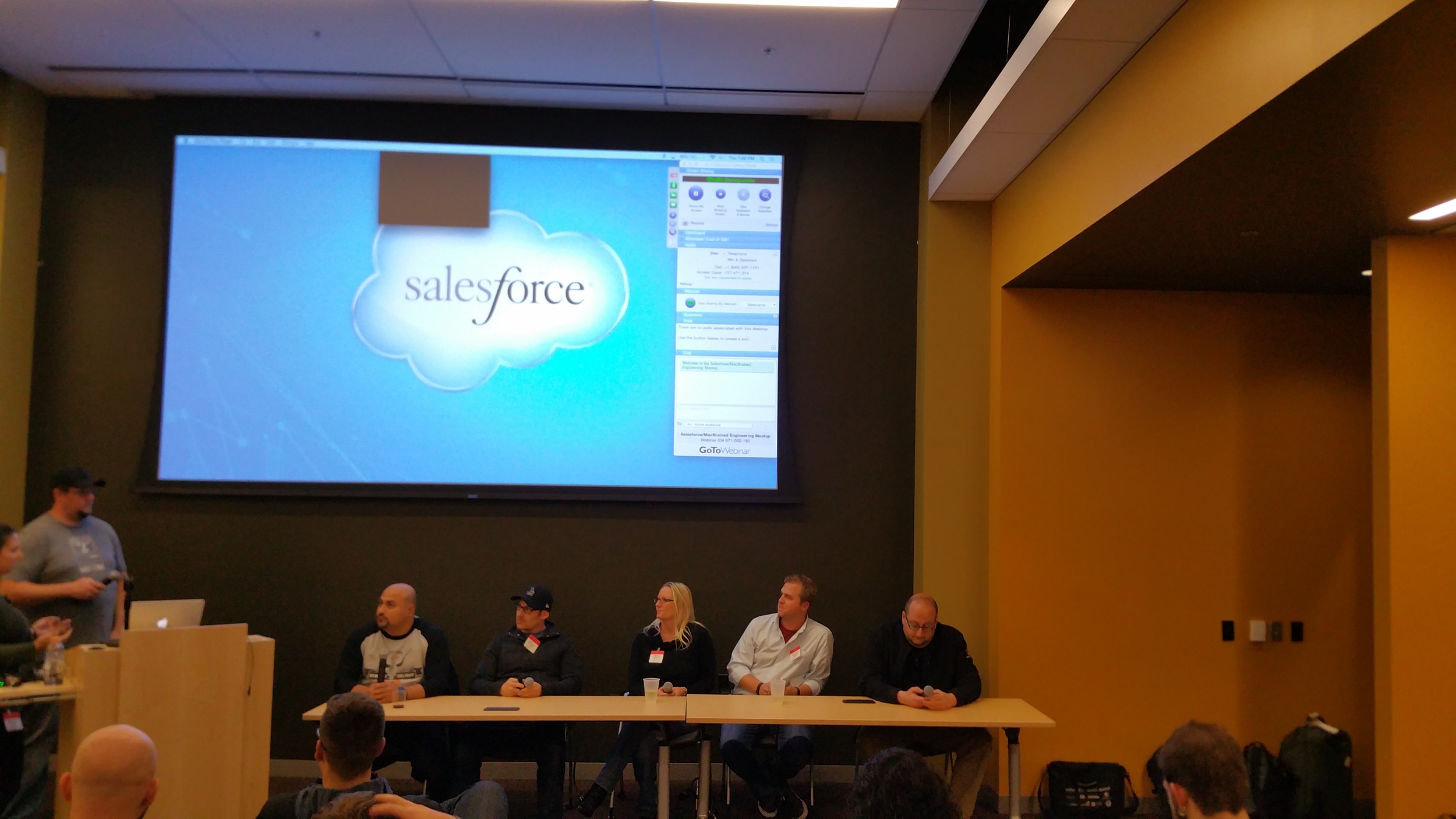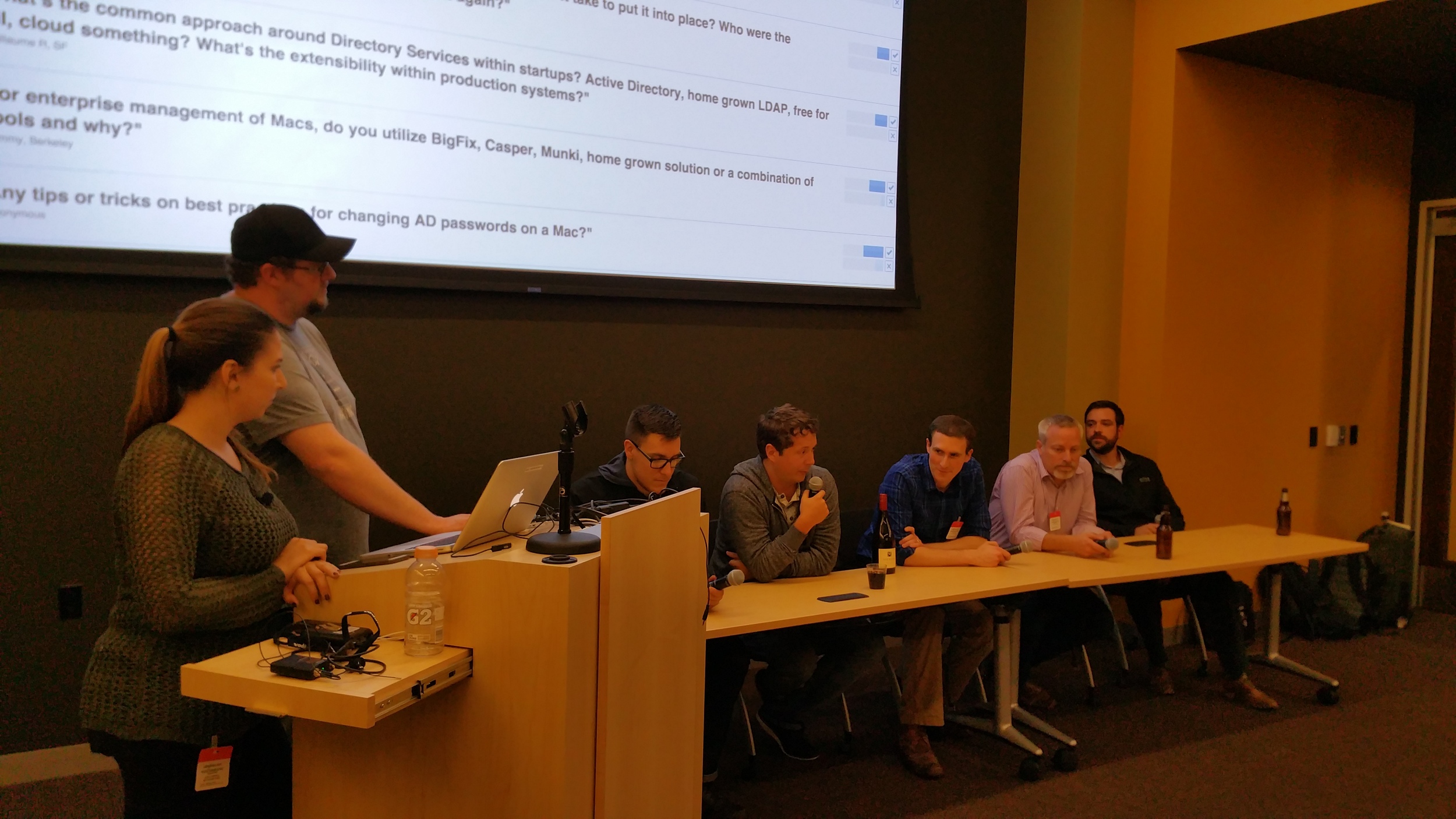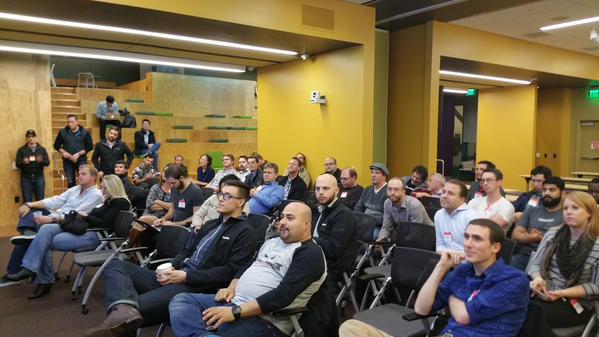Penn State MacAdmins conference was last week. Over 600+ MacAdmins traveled from all over the world to discuss and share knowledge regarding OS X. This was my first year at PSU MacAdmins so I did not know what to expect. With that said I found this conference to very informative and collaborative.
The first day there were five workshop's for attendees to choose from:
- Apple Workshop
- Fundamentals of Wi-Fi(or, Arguing with Physics)
- Packaging Workshop
- All Things Security
- Introduction to Cocoa Development and Reverse Engineering on OS X
All great workshops but I choose the Packaging Workshop. This was of particular interest to me because I did not know how an installer should actually look and behave. This workshop explained did a great job of explaining how packages should look and behave. In addition to this information there were helpful tips with hands on packaging experience in the GUI and on the command line. The workshop had some of the following topics and suggested a few applications:
- Examine Packages
- Building Packages
- Signing packages
- Preflight & Postflight scripts
- Info.plist
- Archive.BOM
- Payload
- Scripts
- Flat Packaging
- Bundle Packaging
- GUI Packaging Apps
- Command line tools to Package/Exam Apps
There was also scripting and Stupid packaging tricks recommendations. This was by far one of the most helpful sessions for me all conference. I did not have a strong background with this particular topic but after this workshop I feel more than confident in my ability to exam and build proper applications packages for deployment.
There were a plethora of amazing sessions all week long. Check out the schedule http://psumac2015.sched.org. Some of my favorites were:
- Integrating AutoPKG and the Casper Suite with the JSSImporter
- To 12,00 Macs and beyond....
- Administering Office 2016 for Mac
- It's Dangerous to Go Alone, Take This!
- Automated Testing with VMware Fusion
- The 12 Unix Commands Everyone Should Know
- OS X Operating System Security at Scale
- Using AutoPKG for Windows Software
- Open (and/or Free) vs Closed Source - Steel Cage Death Match
- Using Google's Open Source Tools to Manage Macs
The list is too long to list all the other sessions that I enjoyed because I could not attend them all. But something interesting occurred during this conference, crowd sourcing notes with Google Docs. I have always wondered why more people are not using crowd sourcing note taking. It could allow you to be in multiple places at once or the ability to review the notes at the end of the day. Slack was the primary driver when organizing notes for most of the sessions and EVERYONE seemed to be on board with the idea. Many times before a session would be begin someone would place a link to the notes in #PSUMAC slack channel to allow note collaboration.
Slides and video's will be released at a later on PSU Mac Admins website and on youtube but for those who people want to immediately review this was the perfect medium. Slack brought people who weren't even at the conference into the conversation adding input regarding topics or peering into the notes, causing further interest about all of the talks and topics. Here is a Google Docs Collection links from the notes taken by everyone at PSU Mac Admins 2015:
One particular theme that I heard constantly whether in the packaging workshop, sessions or during general conversations at Legends, automation is key. There are plenty of tools that can help you automate very simple and complex task during your day. If you have not heard of autopkg, please go and read the github page.. It interfaces with many of the tools you use everyday, and will take the mundane task of patching & deploying applications out of your hands. Automate your VMs with vfuse by Joseph Chilcote or with Rich Trouton's session on virtualization testing. The theme was your time is precious as a Mac admin, therefore save time where you can which will free your mind to accomplish more challenging tasks.
I do want to give a thank you to Penn State Mac Admins Conference, Penn Stater, and for all the individuals who attended or interacted with community during the conference. I can't wait for PSU Mac Admins 2016! See you then and thank you again for the best week of Summer Camp.




